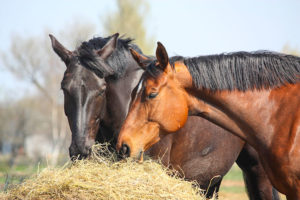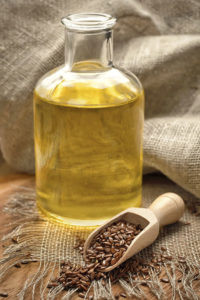
What Type of Forage Should You Feed Donkeys?
Feed donkeys lower-quality forages, such as barley straw or stemmy, mature grass hay, than you would feed a horse.


Feed donkeys lower-quality forages, such as barley straw or stemmy, mature grass hay, than you would feed a horse.

Find out why your horse might benefit from a “dunk bucket.”

A nutritionist answers questions about the nutritional needs of older equids, covering topics such as senior feeds, metabolic disease, and helping horses gain weight.

Typically, hay testing labs report analysis results on an as-sampled, as-received, or as-fed, and dry matter basis. Here’s what that means for how you feed your horse.

Learn about the nutritional needs of a mare with a foal at her side as she gets started back into work.

Here’s what you can do to help your allergy-prone horse prepare for the onslaught of seasonal allergens.

What should and shouldn’t horses with heaves (or equine asthma) eat? A nutritionist offers advice.

Can feeding copper help darken a horse’s coat and prevent sun-bleaching? Learn more about this important trace mineral.

One equine nutritionist offers dietary advice that might help reduce inflammation and guard against gastric ulcers during NSAID treatment for uveitis.

One expert explains whether horses that maintain body condition well on forage alone get enough protein from only eating hay.

An equine nutritionist offers advice about soaking beet pulp and ensuring it’s safe for horses to eat.

An equine nutritionist answers common questions about beet pulp, which has long been a mainstay in many feed rooms for horses, especially during the winter months.

An equine nutritionist breaks down what’s in a grain-free feed and how you might increase calories for a performance horse consuming a grain-free diet.

Here’s a look at what hair analysis and bloodwork each can tell you about your horse’s nutritional health.

A nutrition expert offers advice for ensuring free-fed horses don’t overeat hay.

Ditch traditional bran mashes (and the issues they can cause) for forage feeding to keep horses warm.
Stay on top of the most recent Horse Health news with